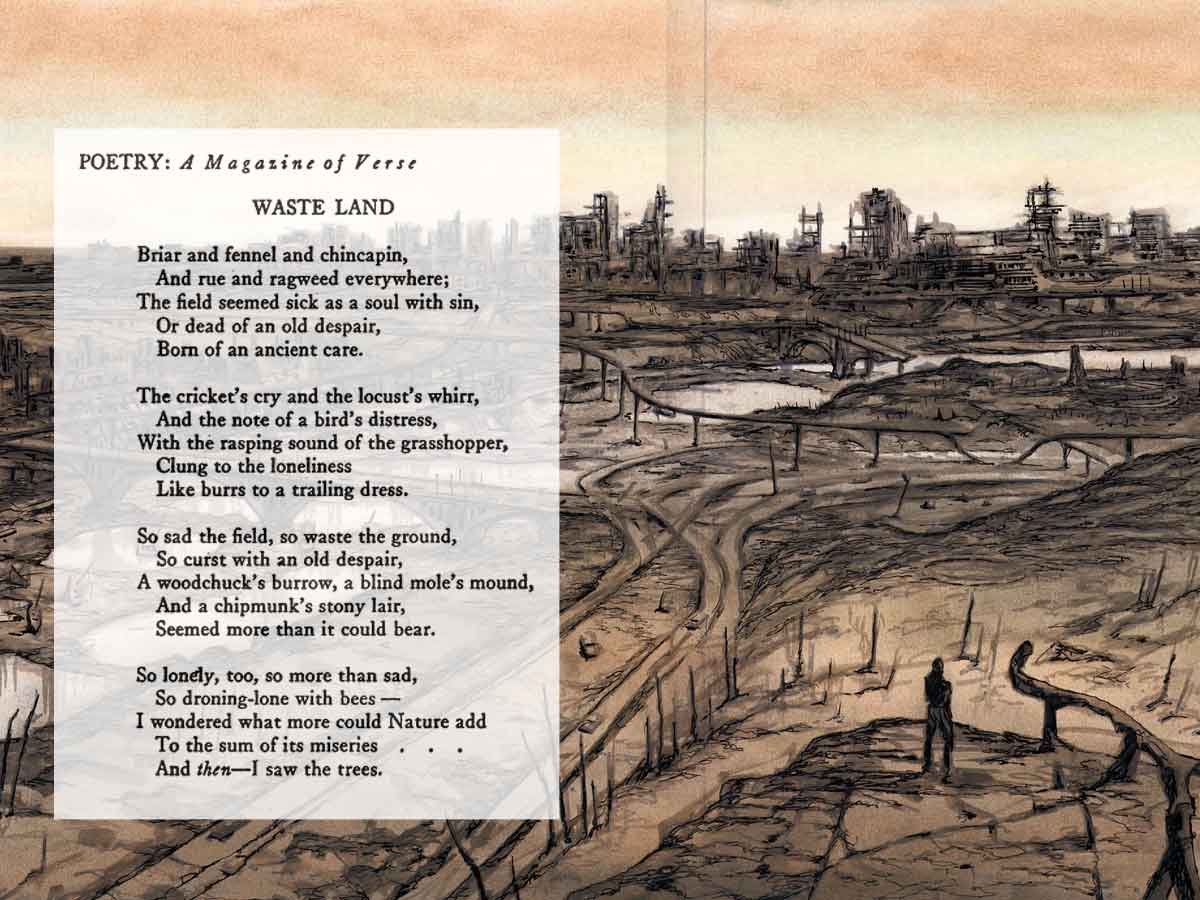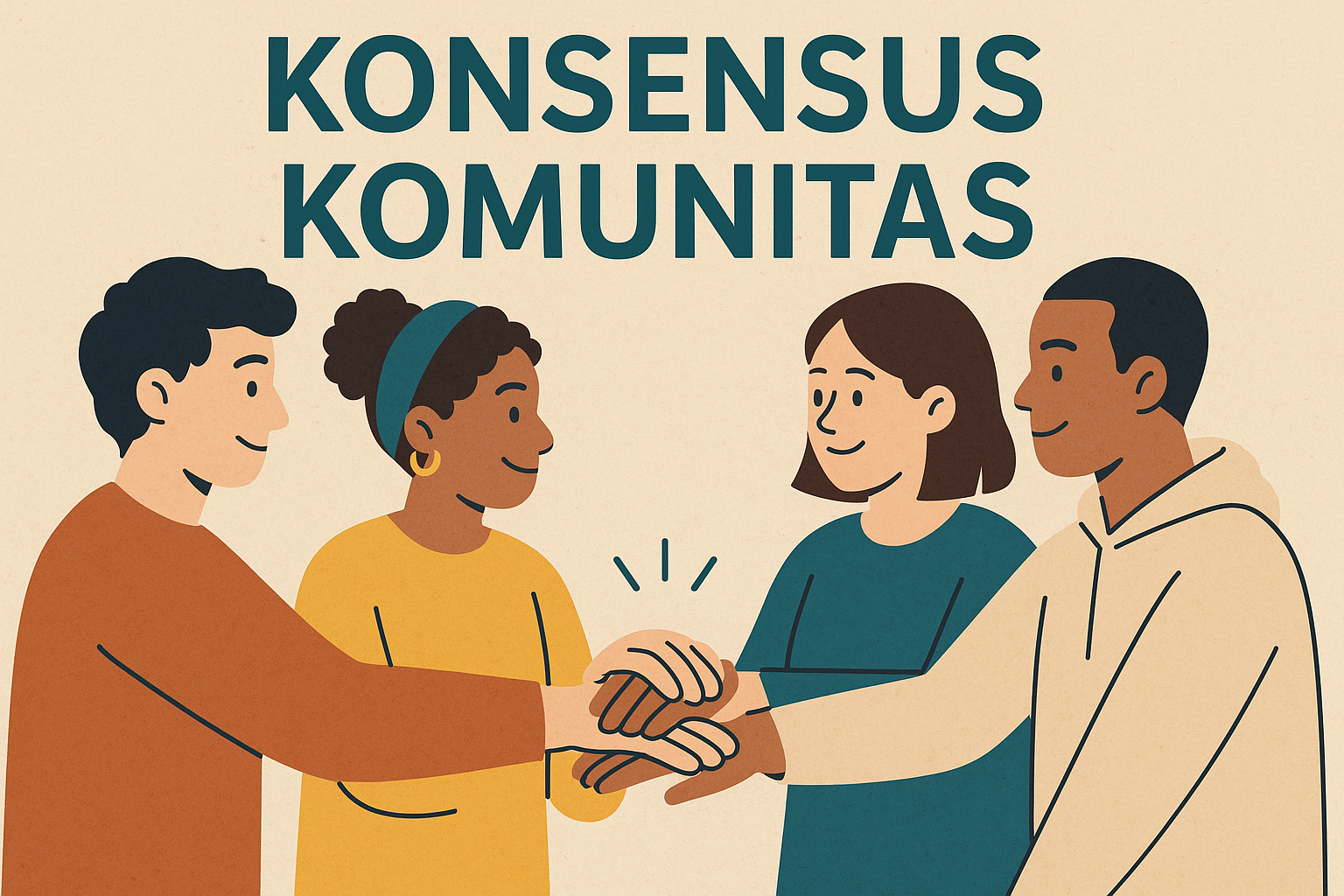
Themes in Eliot’s Poems T.S. Eliot is one of the most influential figures of Modernist poetry, reshaping the literary landscape of the early 20th century. His works reflect the fragmentation, alienation, and cultural upheaval of the post-World War I era, embracing a style that breaks from tradition while exploring profound themes of time, memory, faith, and civilization’s decline.
Eliot’s poetry, often complex and filled with allusions to classical literature, religion, and philosophy, captures the anxiety and disillusionment of modern life. This article examines the major themes in Eliot’s poetry, dissecting his Modernist thoughts and cultural reflections in poems such as The Waste Land, The Love Song of J. Alfred Prufrock, and Four Quartets.
Themes in Eliot’s Poems : The Fragmentation of Modern Life

A. The Breakdown of Structure and Meaning
Eliot’s poetry reflects the chaotic nature of the modern world, where traditional values and beliefs have crumbled. His use of disjointed imagery, shifting voices, and fragmented narratives mirrors the sense of disorder in contemporary society.
Example: The Waste Land
- This poem is a collage of voices, historical references, and cultural allusions, mimicking the disintegration of Western civilization.
- The famous opening line, “April is the cruellest month”, subverts traditional expectations of spring as a time of renewal, instead suggesting decay and despair.
B. Loss of Identity and Alienation
- Modern individuals in Eliot’s poetry often feel disconnected from themselves and their surroundings.
- Example: The Love Song of J. Alfred Prufrock
- Prufrock, the poem’s speaker, is paralyzed by self-doubt, unable to connect with others or make meaningful decisions.
- Key Line: “Do I dare / Disturb the universe?” → Prufrock’s hesitation reflects the existential crisis of modern man.
Themes in Eliot’s Poems : The Decay of Culture and Civilization
A. The Collapse of Tradition and Spiritual Despair
Eliot often portrays modern society as spiritually empty, where religious faith has been replaced by materialism and superficiality.
Example: The Waste Land
- The poem references ancient myths, Dante, the Bible, and Shakespeare, suggesting that modern society has lost its connection to the wisdom of the past.
- Key Line: “I will show you fear in a handful of dust.” → Suggests the futility and decay of modern civilization.
B. Critique of Modern Society’s Moral and Intellectual Decay
- Eliot contrasts the spiritual richness of past cultures with the emptiness of contemporary life.
- Example: The Hollow Men
- The “hollow men” symbolize modern individuals—emotionally and spiritually bankrupt.
- Key Line: “This is the way the world ends / Not with a bang but a whimper.” → A haunting vision of a world drained of meaning and vitality.
Themes in Eliot’s Poems : Time, Memory, and the Search for Meaning
A. The Fluidity of Time
- Eliot’s poetry often blurs past, present, and future, reflecting how memory and history influence human experience.
- Example: Four Quartets
- This poem explores time as cyclical rather than linear, drawing on Christian and Eastern philosophy.
- Key Line: “Time present and time past / Are both perhaps present in time future.” → Suggests that all moments of time are interconnected.
B. The Struggle Between Past and Present
- Modern individuals in Eliot’s poems feel haunted by the past, unsure of how to reconcile it with the present.
- Example: Gerontion
- The aging speaker reflects on his wasted life and cultural decline.
- Key Line: “I was neither at the hot gates / Nor fought in the warm rain.” → Suggests regret over missed opportunities and lack of purpose.
Themes in Eliot’s Poems: Religious and Spiritual Exploration
A. From Skepticism to Faith
- Eliot’s early poetry (The Waste Land, The Hollow Men) is marked by spiritual despair, but his later works (Four Quartets) reflect a search for faith and redemption.
Example: Ash Wednesday
- Written after Eliot’s conversion to Anglicanism, this poem reflects his journey toward faith and spiritual renewal.
- Key Line: “Because I do not hope to turn again” → Expresses humility and a desire for divine guidance.
B. The Quest for Transcendence
- Eliot suggests that true meaning can only be found beyond the material world.
- Example: Four Quartets
- The poem explores mysticism, divine love, and the limits of human understanding.
- Key Line: “In my end is my beginning.” → Suggests a spiritual journey where endings lead to new beginnings.
The Power of Language and Literary Allusions
A. Intertextuality: The Use of Literary and Historical References
- Eliot’s poems are rich with allusions to classical literature, mythology, religion, and history.
- These references connect the past with the present, highlighting the loss of cultural continuity.
Examples:
- The Waste Land includes references to Dante, Chaucer, Shakespeare, the Upanishads, and Greek mythology.
- The Hollow Men borrows from Conrad’s Heart of Darkness and Dante’s Inferno.
B. Poetic Experimentation: Free Verse and Fragmentation
- Eliot broke away from traditional poetic forms, using free verse, fragmented structure, and shifting perspectives to reflect modern disorientation.
Example: The Waste Land
- The poem switches between voices, languages, and cultural references, creating a mosaic of meaning that reflects the fragmented modern psyche.
Conclusion: Eliot’s Lasting Legacy
T.S. Eliot’s poetry remains one of the most profound explorations of modern existence, tackling themes of alienation, cultural decay, time, faith, and the quest for meaning. His innovative use of language, form, and allusion reshaped Modernist literature, influencing poets such as W.H. Auden, Ezra Pound, and Sylvia Plath.
Eliot’s poetry, though often challenging, forces readers to confront the anxieties and complexities of the modern world. Whether through the spiritual despair of The Waste Land, the psychological paralysis of Prufrock, or the redemptive vision of Four Quartets, Eliot’s work continues to resonate with contemporary audiences, offering timeless reflections on the human condition.
As Eliot himself wrote:
“For last year’s words belong to last year’s language,
And next year’s words await another voice.” (Four Quartets)
Even today, his words remain relevant, urging us to seek meaning in an ever-changing world.







